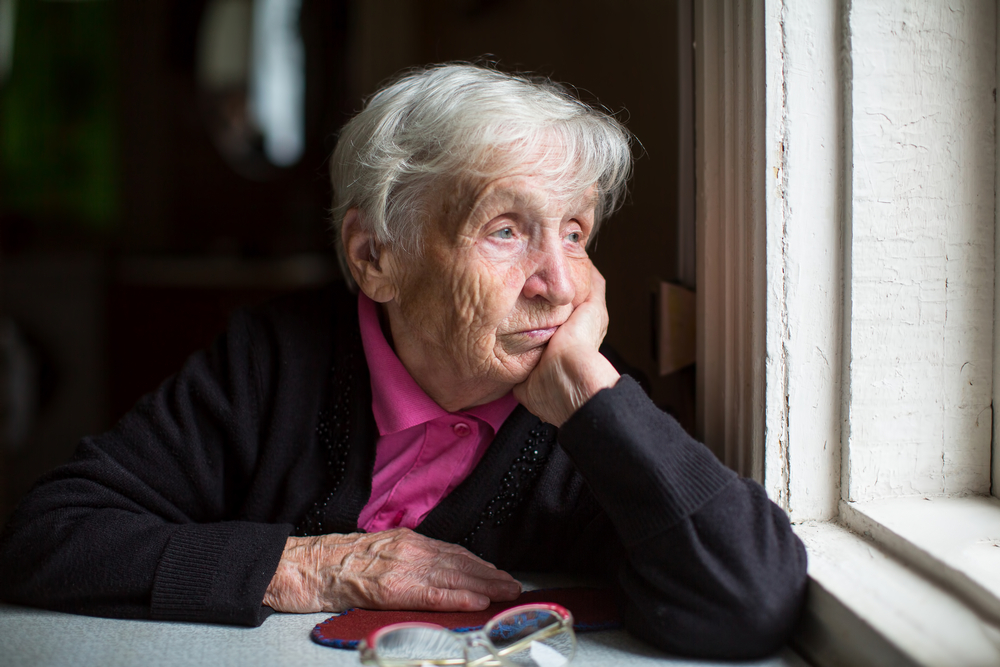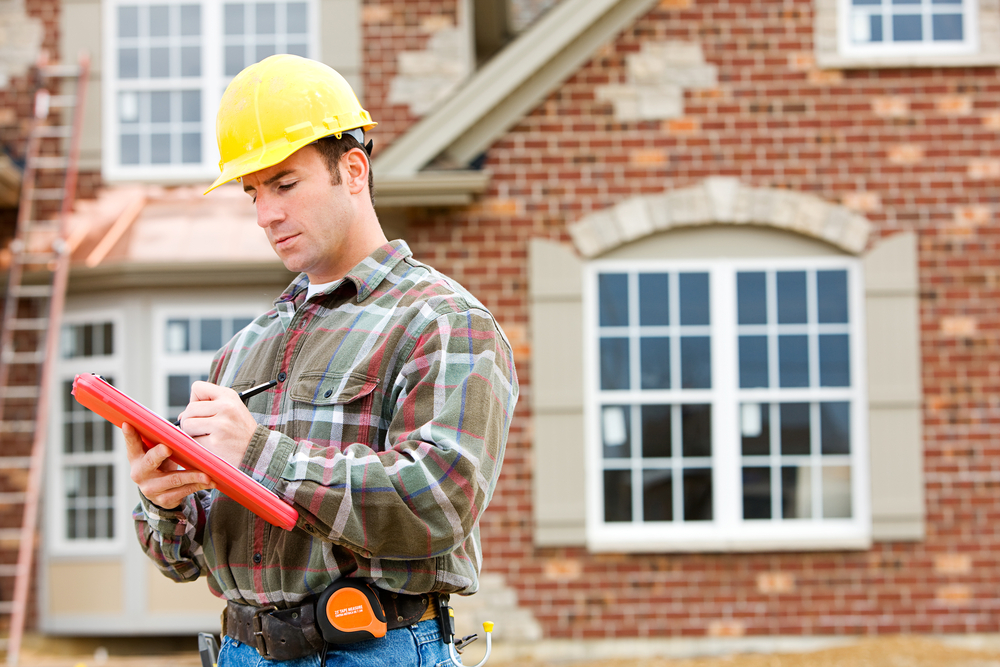Understanding When to Call Adult Protective Services
Category:

You have probably heard of Child Protective Services, or CPS, the government agency that guards minors aged 17 and below from any and all abuse or neglect by investigating reports and intervening if necessary. You may not know that the same service exists for adults, called Adult Protective Service, or APS.
What Does APS Do?
Similar to CPS, Adult Protective Service promotes the safety of any vulnerable adult and investigates reports of abuse or neglect, stepping in to protect the vulnerable adult if necessary. This can refer to any adult over the age of 18, but in general APS mainly protects those who are, or are in danger of being abused or neglected, financially exploited, or simply cannot care for themselves.
Adult Protective Services vary by state and sometimes by county, but every county has a program. The National Adult Protective Services Association can help you find help in your area.
When to Call Adult Protective Services
Knowing when to call APS can be stressful, so it is important to remember you can call anonymously. You should also be aware that you are unlikely to find out any additional information after making your report, as all information is kept confidential between APS, the neglected or abused adult, and any person to whom that adult chooses to release the information.
Reasons to Call Adult Protective Services
If you suspect an elderly adult is experiencing abuse or neglect of any kind, you are within your rights to call APS. This type of abuse could include:
- Neglect and mistreatment
- Physical abuse
- Sexual abuse
- Emotional abuse
- Psychological abuse
- Abandonment
- Undue influence
- Financial exploitation and scams
- Financial abuse
- Domestic violence
Abusers could include healthcare workers, nursing home facilities, caregivers, family members, or conservators.
Download Our FREE Path to Care Guide
What Happens When APS is Called?
When you call APS, they will open an investigation to determine if abuse or neglect has occurred. Once they make their assessment, they will create a written plan that outlines a recommended course of action and service plan.
Some family members are reluctant to call APS to report suspected caregiver abuse because their loved one does not want to be moved into a nursing home. Calling APS to report abuse does not necessarily mean your elderly loved one would be moved out of their home and into a nursing facility. It is extremely unlikely that an adult would be moved into a facility without their consent.
Additionally, sometimes the vulnerable adult declines services even if they are being abused, in order to protect their family members or other caregivers. While this is not a reason to not call APS, it is a potential outcome you should be made aware of.
Calling Adult Protective Services is a decision that should not be made lightly, but it is also important to remember that they exist to protect the elderly and vulnerable members of the population. For more information, take a look at this fact sheet which includes the answers to many frequently asked questions.
To learn more about our home care services, contact our caregiving team today at 1-800-GRISWOLD or find a Caregiver near you.
Subscribe
Date: 2024-09-11
Category:


